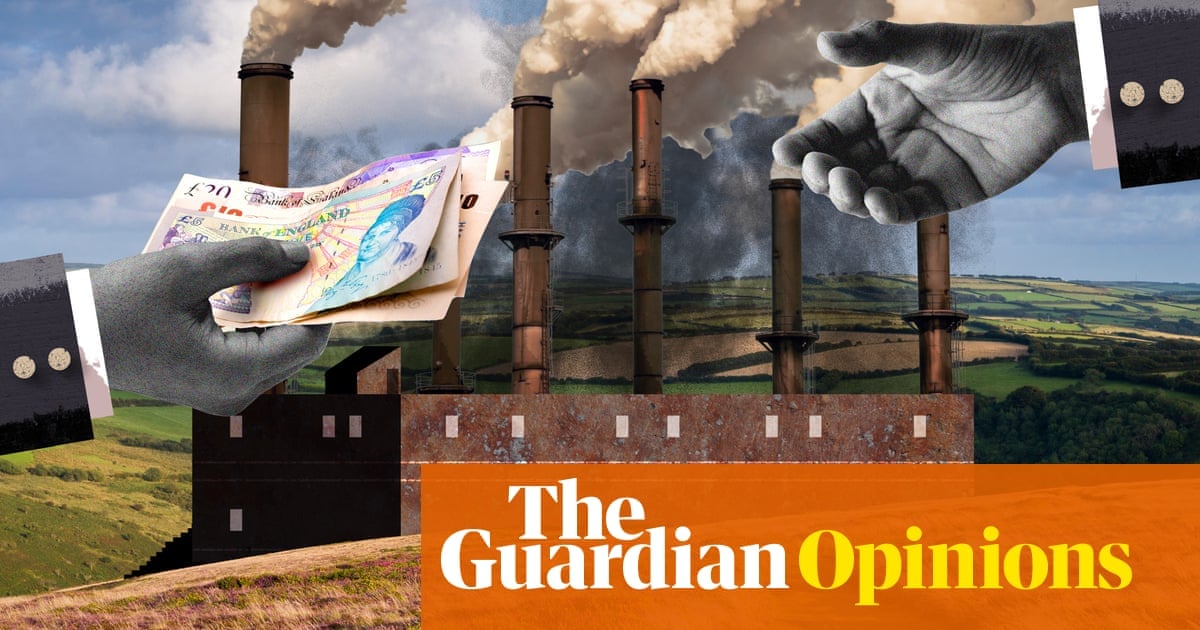We should do all we can to protect and restore soil carbon. About 80% of the organic carbon on the land surface of the planet is held in soil. It’s essential for soil health. There should be strong rules and incentives for good soil management. But there is no realistic way in which carbon trading can help. Here are the reasons why.
First, tradable increments of soil carbon are impossible to measure. Because soil depths can vary greatly even within one field, there is currently no accurate, affordable means of estimating soil volume. Nor do we have a good-enough test, across a field or a farm, for bulk density – the amount of soil packed into a given volume. So, even if you could produce a reliable measure of carbon per cubic metre of soil, if you don’t know how much soil you have, you can’t calculate the impact of any changes you make.
A reliable measure of soil carbon per cubic metre is also elusive, as carbon levels can fluctuate massively from one spot to the next. Repeated measurements from thousands of sites across a farm, necessary to show how carbon levels are changing, would be prohibitively expensive. Nor are simulation models, on which the whole market relies, an effective substitute for measurement. So much for the “verification” supposed to underpin this trade.
Second, soil is a complex, biological system that seeks equilibrium. With the exception of peat, it reaches equilibrium at a carbon-to-nitrogen ratio of roughly 12:1. This means that if you want to raise soil carbon, in most cases you will also need to raise soil nitrogen. But whether nitrogen is applied in synthetic fertilisers or in animal manure, it’s a major source of greenhouse gas emissions, which could counteract any gains in soil carbon. It is also one of the most potent causes of water pollution.
Third, carbon levels in agricultural soils soon saturate. Some promoters of soil carbon credits create the impression that accumulation can continue indefinitely. It can’t. There’s a limit to how much a given soil can absorb.
Fourth, any accumulation is reversible. Soil is a highly dynamic system: you cannot permanently lock carbon into it. Microbes constantly process carbon, sometimes stitching it into the soil, sometimes releasing it: this is an essential property of soil health. With rises in temperature, the carbon sequestration you’ve paid for can simply evaporate: there’s likely to be a massive outgassing of carbon from soils as a direct result of continued heating. Droughts can also hammer soil carbon.



Tax the shit out of AI and crypto currency data centers. Use the proceeds on ending car dependency and various forms of carbon sequestration. Tax the shit out of corporations that have certain occupations commute to a physical office. Tax the shit out of certain goods transported on ships burning bunker oil. Highly specialized stuff like computer processors that aren’t large or heavy can get a pass. You all get the idea.